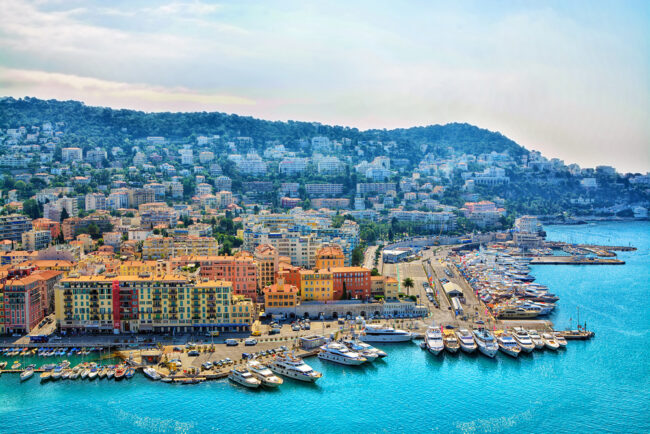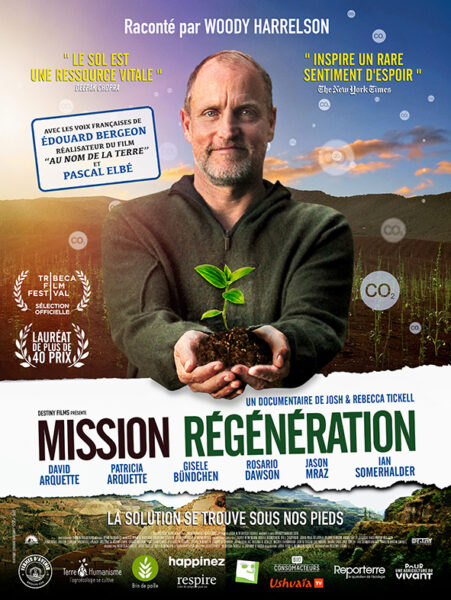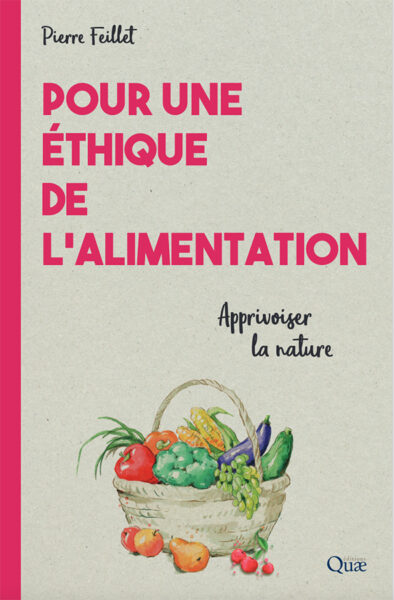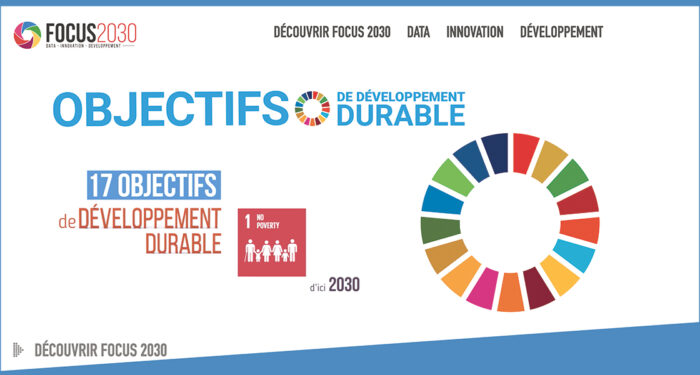In this article, Futuribles continues the series on oceans, seas and coasts it began in 2020 with an article by Sylvain Pioch on the way French coasts are becoming artificial environments and how this might be counteracted. Reminding us first of how a particular sort of development plays a ‘predatory’ role with regard to biodiversity, he shows the extent to which the coast has become a prime victim of increasing urbanization, a trend which seems set to intensify over the coming decades if nothing is done to check it. The fact is that the biodiversity of marine and coastal ecosystems plays some essential functions for human life and Sylvain Pioch argues that the repair of those ecosystems seems to be regarded as less of an environmental priority than is the case with terrestrial systems. This is why it is so important to find a way of reconciling coastal development with environmental demands.
A number of different legislative and regulatory instruments exist in France to do this: impact studies, ‘avoidance, minimization and compensation’ requirements for the loss of biodiversity, etc. Pioch identifies these in this article, while nonetheless stressing their poor performance in terms of useful feedback, and the inadequate involvement of state agencies in this area. To reach a state of affairs in which developers behave responsibly and — rather than merely compensating (insufficiently) for the negative environmental impact of their actions — act to reduce or even eliminate that impact in advance, it is imperative that the powers to steer development and take public action are strengthened in the regions.




